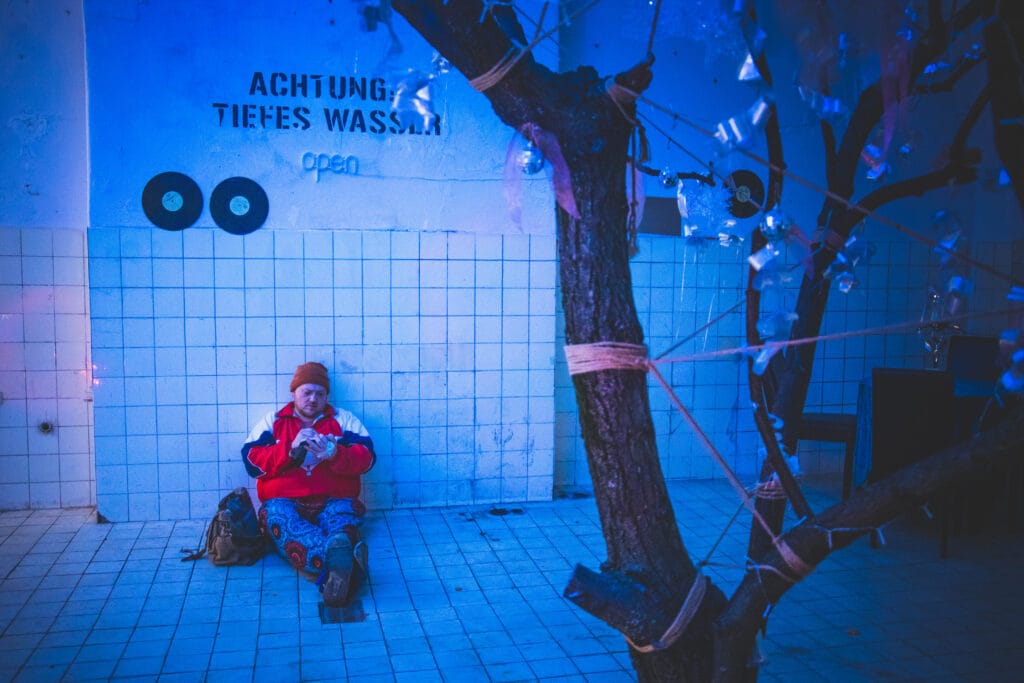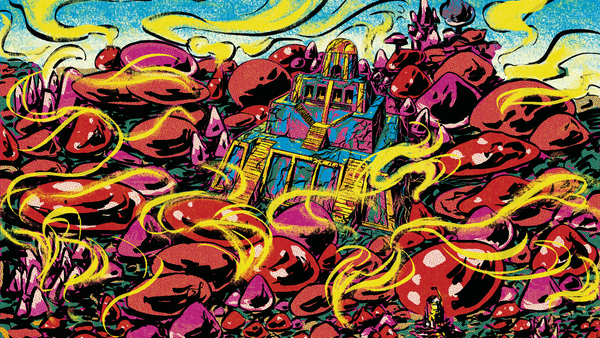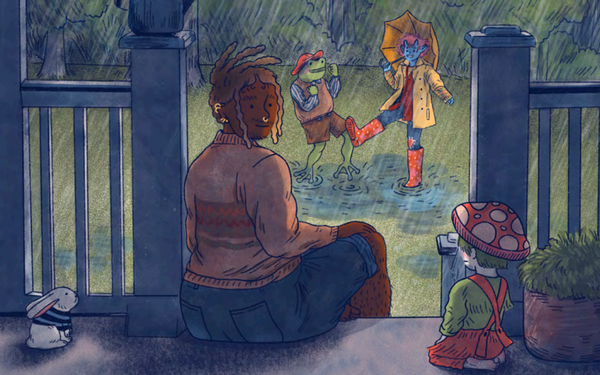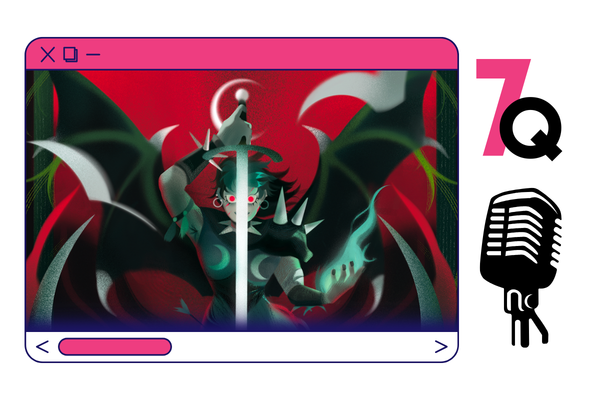A Czech larp group wrestles with Nazi history by roleplaying in its bones
Exploring Disco Elysium and the power of art in a former concentration camp.

The town of Terezin was initially a holiday resort for Czech nobility. In 1940, it became the site of one of Nazi Germany’s most infamous concentration camps, Theresienstadt ghetto, and around 148,000 Jews were sent there over the course of the its life. Around 33,000 people died there of starvation and disease, and another 88,000 were sent to death camps like Auschwitz. Terezin is particularly notorious as the place where Adolf Eichmann orchestrated an inspection by Red Cross representatives to give the false impression that the camp was more humane than it really was. The Nazis even made a documentary about how Terezin was a model village, though most of the footage was later destroyed.
One of the events in that sham inspection was a musical performance where a choir of the Jewish prisoners performed Guiseppe Verdi’s Messa di Requiem, an orchestral Christian mass for the dead. This choir, led by a conductor named Rafael Schächter, met and performed this composition a number of times. One of the few survivors of Terezin later told PBS, “The text of the Latin prayers suggests that we all will be judged by the Almighty, and this will include the Germans… and that gave us a great deal of satisfaction and hope.” This is often how Terezin is remembered today, through the story of that meager orchestra and their secret rebellion and defiance through art.
Today, the hospital in Terezin is now among other things the base of operations for a larp group, Rolling. The group’s most recent big project is 97 Poets of Revachol, a Disco Elysium-inspired larp about “how, in the cracks of old things, beauty emerges.” In their article for Eurogamer, Florence Smith-Nicholls described their experience of walking through the halls of the hospital and being amazed by the spontaneous blossoming of artwork that the players created everywhere. Another project, Requiem: Reichskinder is a horror larp which explores guilt, punishment, and redemption for Czech-Germans after World War II.
Rascal spoke to one of the co-founders of Rolling, David František Wagner, who, apart from games, works as a policy advisor for the Czech Pirate Party. Wagner talks about how the group came to operate out of Terezin, how they respect the space, and how their games relate to the politics of the past and present.
This interview has been edited for length and clarity. It took place in November 2024 and was meant to be a part of a longer story about larps and politics but is now being published as a standalone piece.
Rowan Zeoli: I would really love to know how you guys came to start this organization and what you are doing with larp.
David František Wagner: Yeah, so Rolling came to be some 10 years ago. Four of us were already doing larps, and we wanted something more stable and to invest in some basic infrastructure together. And from there, we grew with quite a slow, sustainable pace. Now we have 20 members. Some of them are really active, doing five or six games a year. And we are still trying to find new people who would be really interested because these clubs, at least in the way we do them, is something that you do as a non-profit. You do it as a volunteer, which already is a big demand.
We have a wide variety... Just talking about me this year: I have done a really big battle fantasy event inspired by The Hobbit; Then 200 airsoft/boffer weapon events with tanks and armored vehicles; And then we also do some really small intimate stuff like this story about 20 people living in one building in the end of the 19th century, looking at their lives through three acts that move and show different life choices having different impacts. And somewhere between that you can also jam in the 97 Poets of Revachol, which is some 109 players trying to bring one building to life. The whole larp is basically built around the old military hospital in Terezín which is our base of operations.
Zeoli: How did you guys come to land at the military hospital? How did you decide that was going to be your base of operations?
Wagner: Yeah, that's actually quite a story because we are still hunting for locations for games. It gets progressively harder and harder, which is normal because people are renovating stuff, which sometimes means that you can't really use that. For example, Czechia had this big amount of old military areas that were not really renovated, but you could do shit there. But now there are two of them, which is sad. And sometimes it's the same with the buildings because we need very specific ones, and we really like to connect with the building much much better.
Some eight years ago, we were running Requiem: Reichskinder for the first time. Our production guy was scouting for possible places, and then we came to Terezín, which of course has a horrible, horrible Second World War history. And basically what happened is that most of us fell in love with Terezín because the town is completely dilapidated — it's in ruins, and it has more problems than a town of that size can actually solve. Even with the help of European funds it's really tough. It was the last government when my former party finally gave some funds for repairs. I would not go into details, but it's really complicated.
In the end, we decided okay we really love this place. I even bought a flat in Terezín because I want to live here at some time.
Video by Rolling
Zeoli: As with any larp, there is a conflict between the people doing the larp and the people who are just living their lives near the larp. I've had the cops called on me a number of times when larping. How have the people who live in Terezin responded to your presence there?






